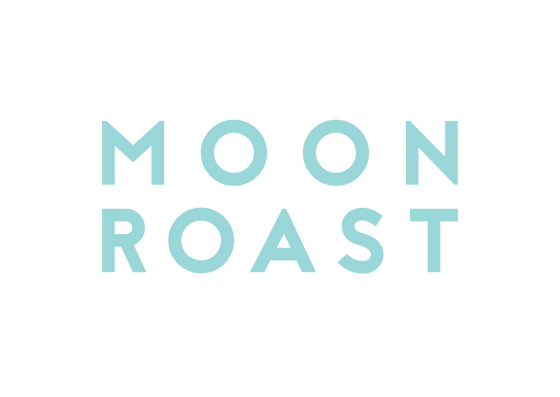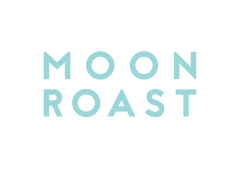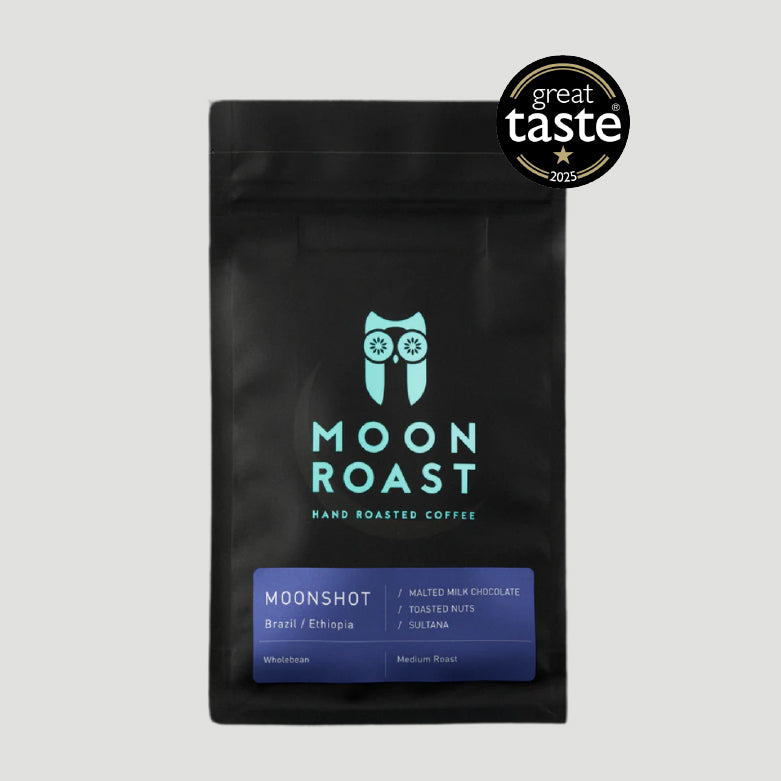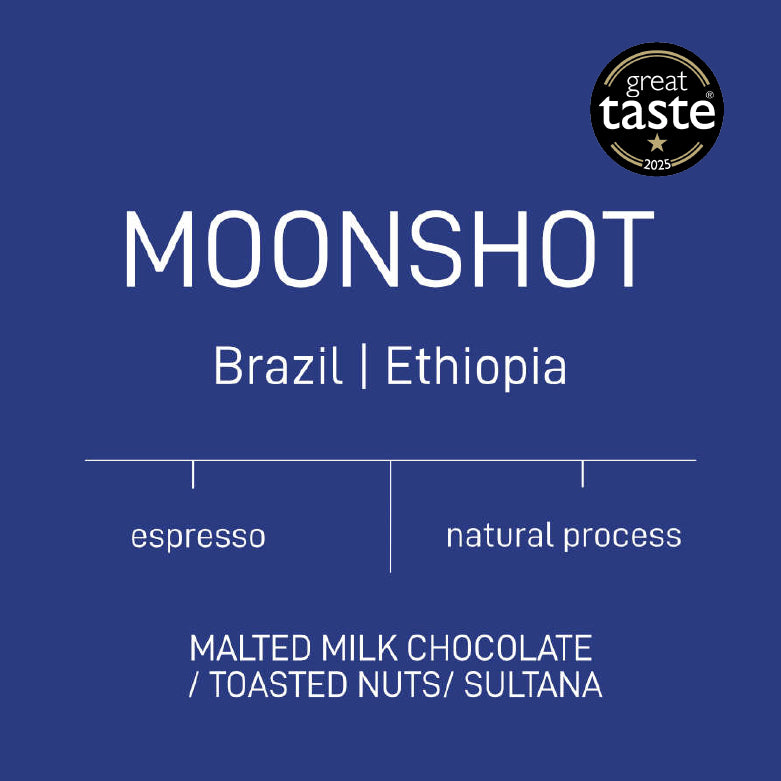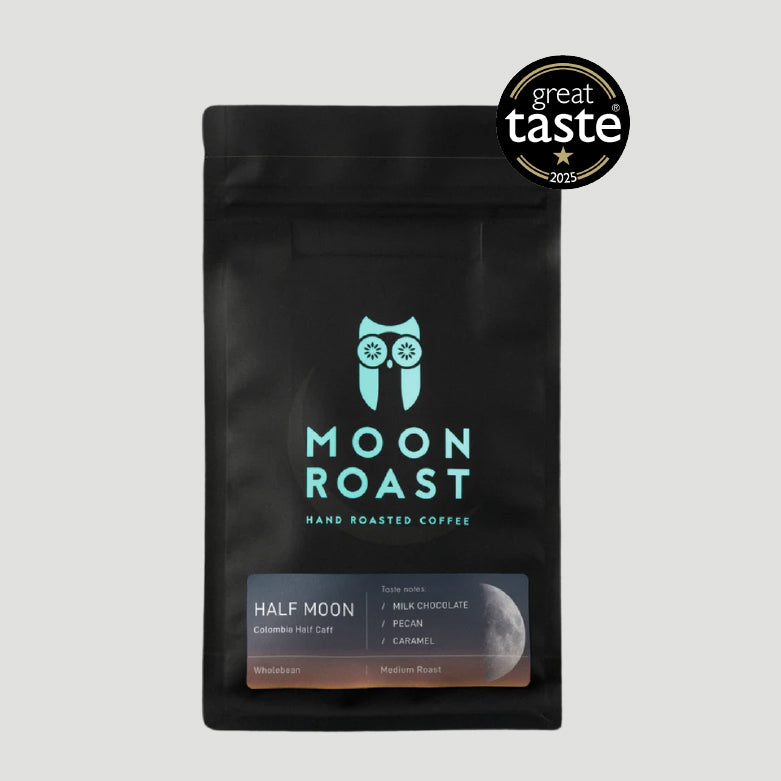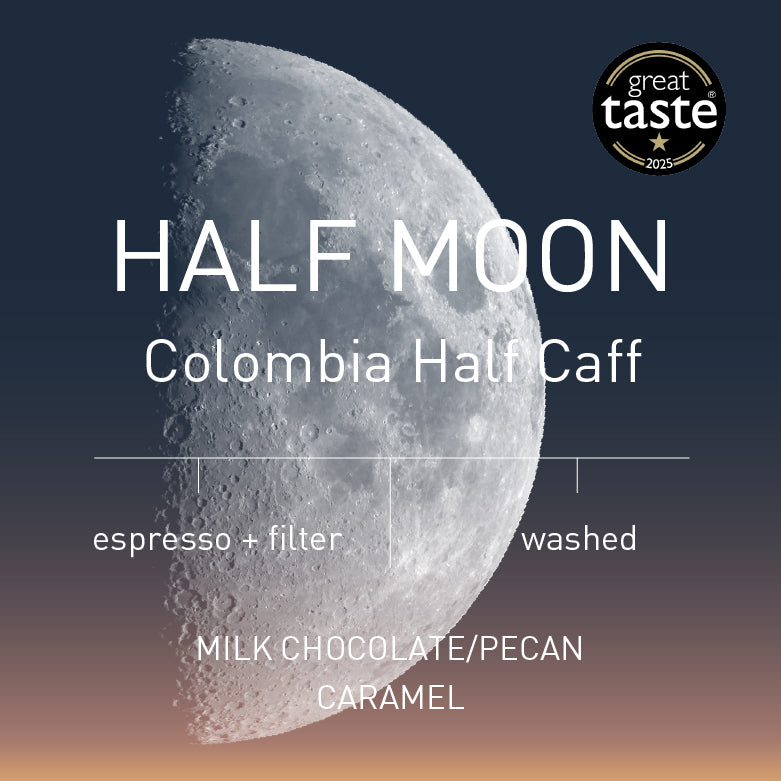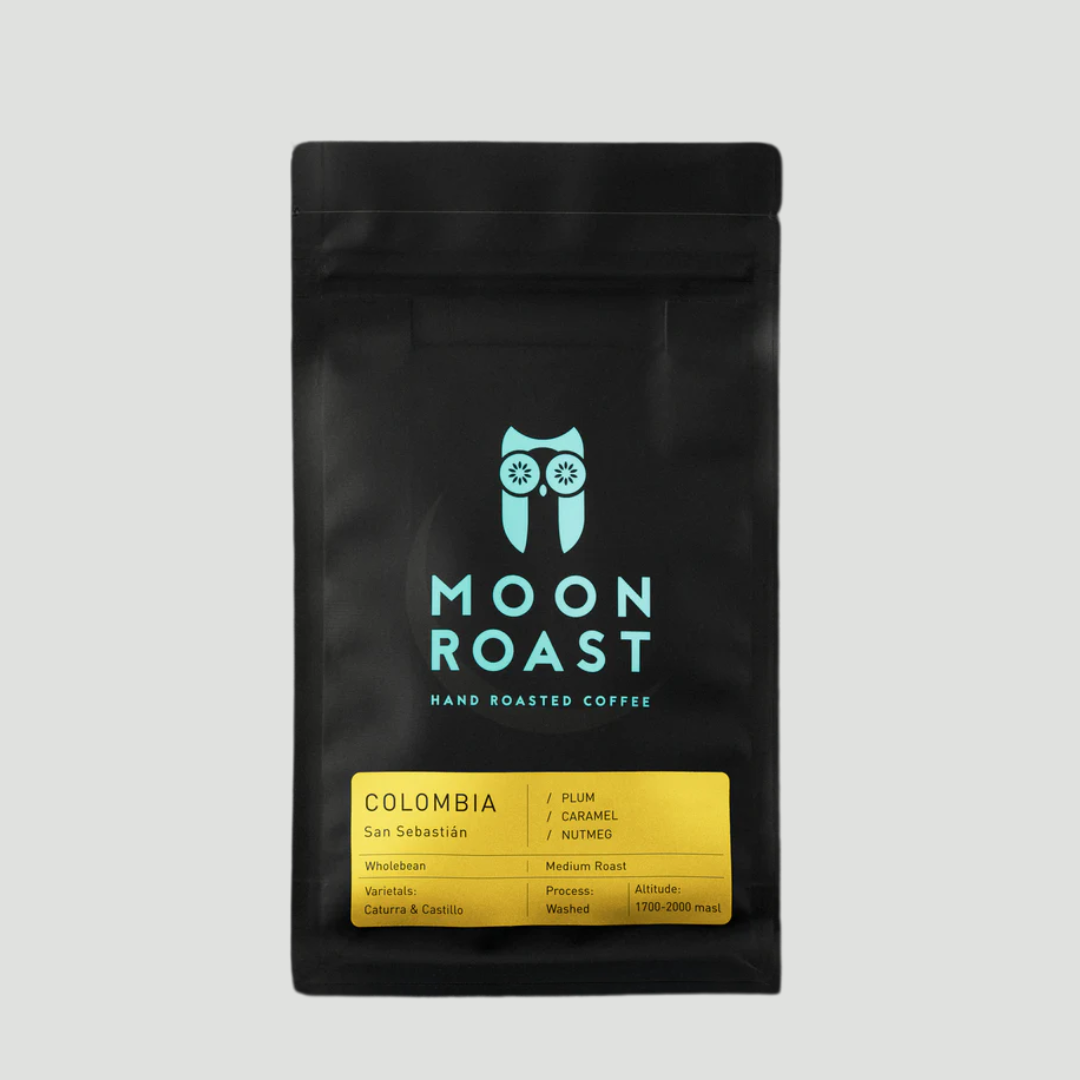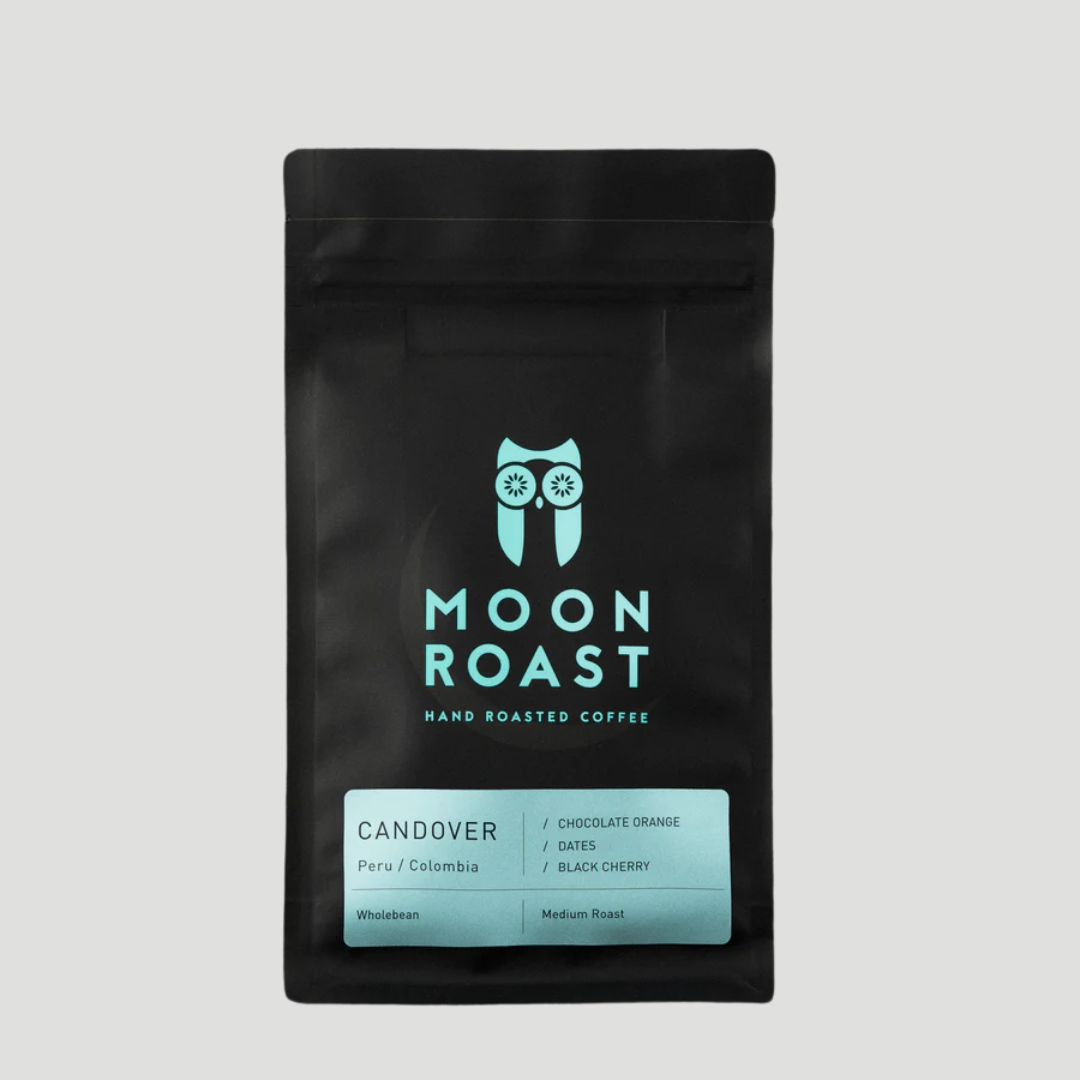Understanding Organic Coffee: What It Means and Whether It's the Best Choice for You
When it comes to coffee, the word "organic" often pops up, but what does it really mean in the world of coffee? Is it genuinely better for you, the environment, or even the taste of your brew? Here at Moon Roast, we’re all about helping you make informed choices, so let’s break down what organic status means in coffee, whether it’s possible to achieve, and how it compares to sustainable sourcing.
What Does Organic Status in Coffee Mean?
In simple terms, organic coffee is grown without synthetic fertilizers, pesticides, or genetically modified organisms (GMOs). Instead, organic farms rely on natural processes and materials, such as compost and biological pest control methods, to cultivate their crops.
When you pick up a bag of certified organic coffee, it’s a good sign that the entire process—from farming to processing—follows strict organic standards. These are usually set by regulatory bodies, and getting organic certification isn’t easy. It involves regular inspections and adherence to specific guidelines.

The benefits of organic farming are clear: reduced environmental impact, healthier soil, and often, improved biodiversity in the area. But organic farming goes beyond just avoiding chemicals; it’s about taking a holistic approach to agriculture, one that nurtures the ecosystem in which the coffee grows.
Can Coffee Really Be 100% Organic?
In theory, yes—coffee can be 100% organic. But here’s the thing: even on organic-certified farms, nature can throw a few challenges your way. For example, nearby non-organic farms can unintentionally introduce pesticides or chemicals through water run-off or wind. And while organic farmers use natural methods for pest control, it doesn’t always guarantee perfect crops.

Organic farming also tends to be more labour-intensive and time-consuming, which can drive up the cost of organic coffee. That said, many coffee producers are still committed to organic certification because it reflects a dedication to both the environment and consumer health.
Organic Certification: Is It Worth It?
Yes, organic certification is a real credential, and it can give you peace of mind that your coffee was grown without harmful chemicals. Organisations like USDA Organic in the United States, Soil Association in the UK, and the EU Organic label in Europe all have strict requirements to ensure coffee meets organic standards.
However, certification can be costly, especially for smaller, independent farmers in developing countries. This leads to a big question: is the "organic" label always necessary, or should we be focusing on the broader picture of sustainability?
Sustainable Coffee Sourcing: The Bigger Picture
While organic certification zeroes in on avoiding synthetic chemicals, sustainable coffee sourcing takes a much broader approach. Sustainable coffee is grown with the goal of balancing environmental health, social responsibility, and economic viability. This can include organic practices, but it’s not limited to them.
So, what’s involved in sustainable coffee sourcing? It can mean:
- Fair wages for farmers: Ensuring coffee producers are paid fairly for their labour and crops.
- Shade-grown coffee: Encouraging biodiversity by growing coffee under the canopy of native trees.
- Water conservation: Using methods that reduce water waste and prevent pollution.
- Reducing carbon footprint: Minimising the energy used in farming, harvesting, and processing coffee.

Some certifications, like Rainforest Alliance and Fair Trade, focus more on sustainability than just organic farming. These certifications make sure that farms meet standards for worker rights, environmental conservation, and ethical business practices. From an environmental and ethical standpoint, sustainable sourcing can have a bigger overall impact than focusing solely on organic status.
Organic vs Sustainable: Which Should You Choose?
Choosing between organic and sustainable coffee isn’t about one being better than the other. It really comes down to what matters most to you as a coffee lover.
-
If avoiding synthetic chemicals is your main concern, then organic coffee might be the right pick. Organic farming also tends to be gentler on the soil and surrounding ecosystems.
- If you’re more focused on the bigger picture—fair wages, ethical treatment of workers, and overall environmental impact—then sustainably sourced coffee could be a better fit. Sustainable coffee often incorporates organic methods but takes a more holistic approach to addressing social, environmental, and economic issues.
At Moon Roast, we’re all about sourcing coffee sustainably, as we believe it’s key to the long-term health of both the planet and the coffee industry. While we absolutely see the value in organic certification, we know that many small-scale farmers using sustainable methods simply can’t afford the high costs associated with getting certified. Supporting them is just as important as choosing chemical-free crops.

Conclusion: What Matters Most
In the end, the choice between organic and sustainable coffee is personal. Organic coffee offers a guarantee that it was grown without synthetic chemicals, while sustainable sourcing often supports a wider range of ethical and environmental goals.
At Moon Roast, we’re passionate about providing coffee that reflects our commitment to quality and responsible sourcing. We encourage you to look beyond labels and think about how your coffee is grown, who grows it, and the wider impact your purchase has on the world. Whether you choose organic or sustainably sourced coffee, the important thing is that you’re making a thoughtful, conscious choice. And of course, no matter which option you go for, we promise that every cup of Moon Roast coffee will deliver on both flavour and quality.
